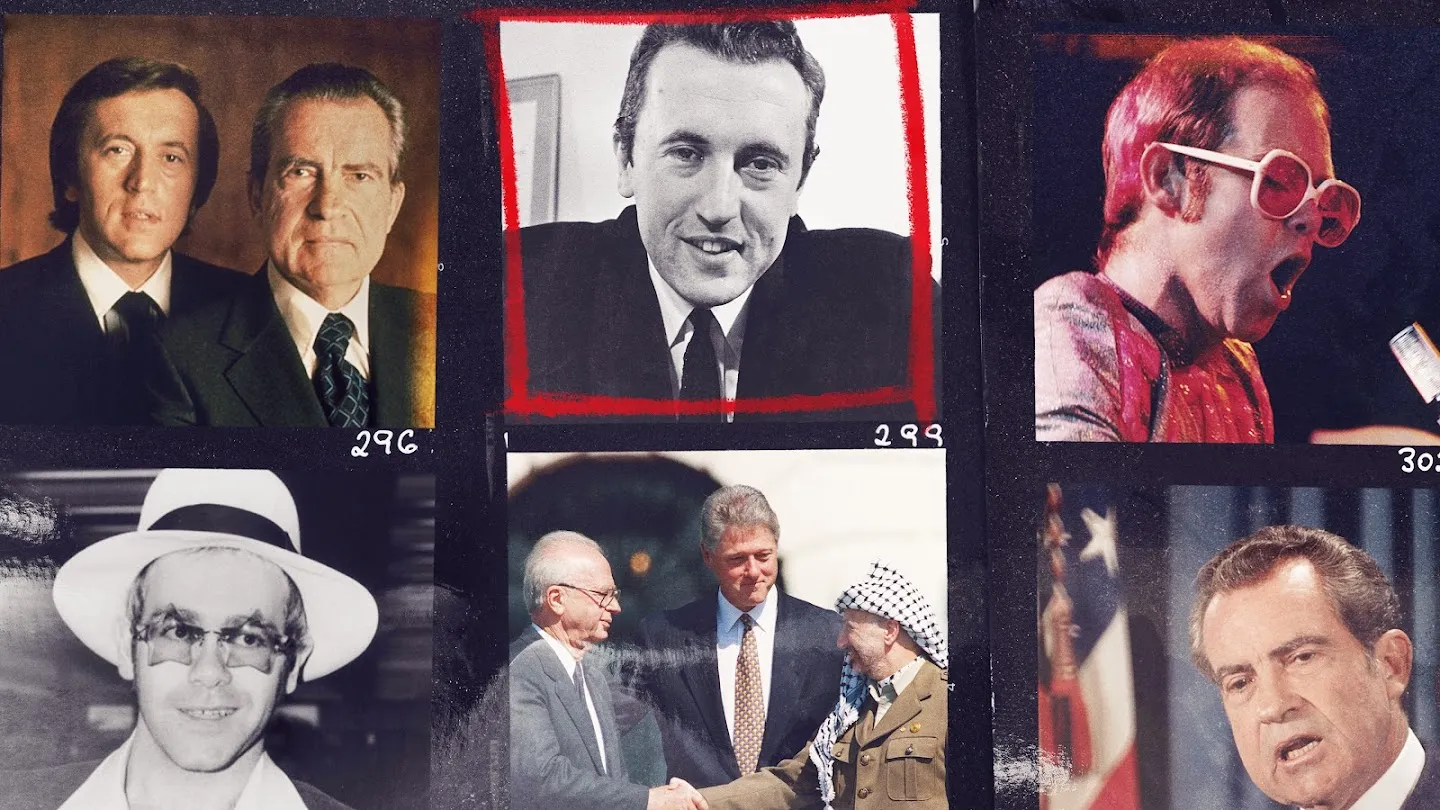David Frost Vs is a documentary series that opens a vault to a specific, potent moment in broadcast history. It revisits the career of the British interviewer by focusing each of its episodes on a singular, high-stakes encounter with a figure who defined the 1960s and 70s.
The initial installments feature The Beatles, Muhammad Ali, and Jane Fonda, with a later, climactic examination of Richard Nixon. The programme’s structure makes clear that its purpose is twofold: to dissect Frost’s own particular talent and to use his interviews as a prism through which to view the seismic cultural and political upheavals of the period.
This is a curated exhumation of television’s past, presenting pivotal exchanges to a new generation. It positions Frost not merely as a host but as a charismatic fulcrum, a man who consistently secured a front-row seat to history as it was being made.
The Art of the Question
The series presents David Frost’s interviewing style as something of an artifact, a stark contrast to the managed and deferential celebrity conversations of today. His method was disarmingly direct, a personal approach that stripped away the expected reverence.
The episode centered on Muhammad Ali offers the most potent example of this technique. What unfolds is an intellectual and ethical sparring match, with Frost directly challenging Ali’s claim that “all whites are devils,” labelling it “dangerous rubbish.” This confrontation does not extinguish the clear respect between the two men; it sharpens it.
Frost’s range is apparent in other moments, such as his visibly moved reaction to the quiet dignity of athlete Jesse Owens. He was not just a provocateur. With John Lennon and George Harrison, he displayed a genuine curiosity, allowing them space to earnestly explain abstract ideas like transcendental meditation and “bagism” without a hint of mockery. What emerges is the picture of a complete interviewer, one who could be a sharp interrogator, an empathetic listener, and a curious peer, all within the same conversation.
The Medium as Mirror
The ambition of David Frost Vs is to frame these interviews as events that were larger than the two people in the room. Each subject becomes a proxy for the sprawling, contentious issues of their time. The Muhammad Ali episode expands into a potent examination of the American civil rights movement and the fraught landscape of racial politics.
In a similar vein, the Jane Fonda installment becomes a study of the profound societal rifts created by the Vietnam War. This approach gives the material historical weight, reminding us of a time when a television interview could ignite and shape national conversations with an astonishing force.
The programme explores whether this wider focus is always successful, or if Frost himself occasionally becomes a secondary figure in his own narrative. A delicious irony is revealed: President Nixon’s paranoia led his administration to secretly record many of Frost’s episodes, inadvertently preserving hours of interviews with his sharpest critics for posterity.
The Ultimate Gamble
The series builds towards the Frost/Nixon interviews, presented as the absolute apex of the broadcaster’s career. The narrative skillfully sets the stage by depicting Frost in a professional trough, his star having faded to the point where he was hosting the Guinness World Records television show and considered by many to be “yesterday’s business.”
The immense risk he undertook is laid bare: he financed the interviews with $600,000 of his own funds after every major American network refused him. He faced open derision from the media establishment, epitomized by CBS newsman Mike Wallace’s public scorn for Frost and his provincial advertisers. The broadcast itself had a dramatic arc. Frost started poorly, allowing Nixon to dominate the exchange with long, evasive monologues.
The shift came when Frost famously set aside his clipboard to confront the disgraced president directly on his abuse of power. This new tack elicited the chilling admission, “When the president does it, that means that it is not illegal.” Frost’s persistence paid off, securing the apology the world was waiting to hear: “I let the American people down.” This sequence stands as a powerful validation of one man’s journalistic conviction.
The Review
David Frost vs
David Frost Vs is a riveting documentary that successfully resurrects the electric atmosphere of a bygone television era. By framing David Frost's most significant interviews as windows into periods of profound social change, the series presents a compelling portrait of both the man and his times. While the focus occasionally drifts from its central subject, the raw power of the archival footage, particularly the dramatic reconstruction of the Nixon encounter, makes this an essential watch. It is a potent reminder of how broadcast journalism could challenge power and define an age.
PROS
- A revealing look at David Frost's formidable interviewing technique.
- Excellent use of archival footage to create gripping television.
- Intelligently places key interviews within a wider historical context.
- The climactic Nixon episode provides a masterclass in dramatic storytelling.
CONS
- The focus on the guest's biography can sometimes sideline Frost himself.
- Its episodic structure can occasionally feel a little disjointed.
